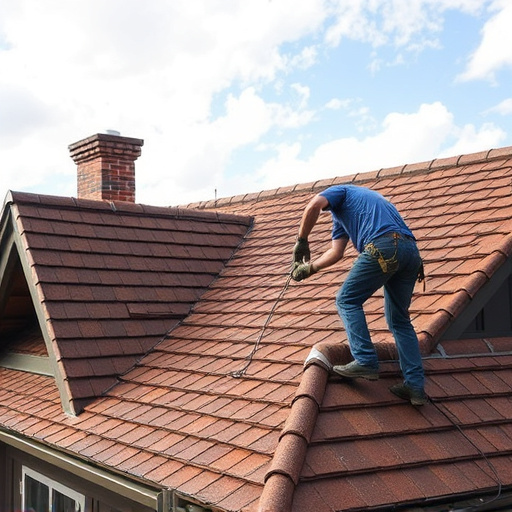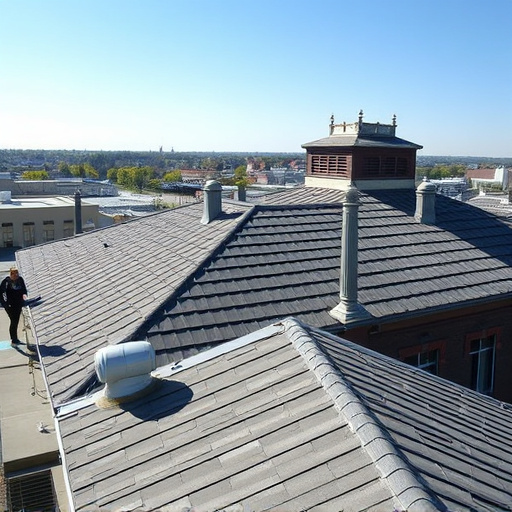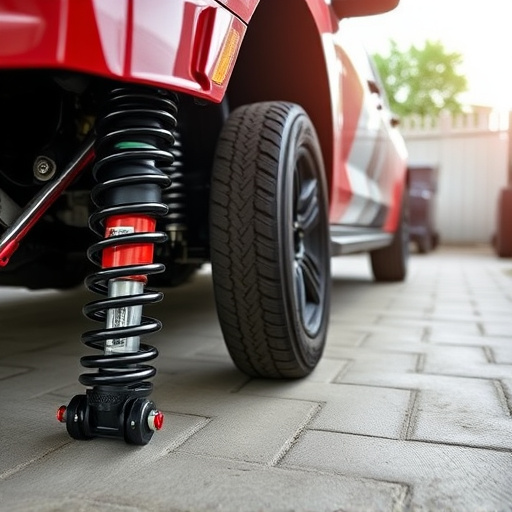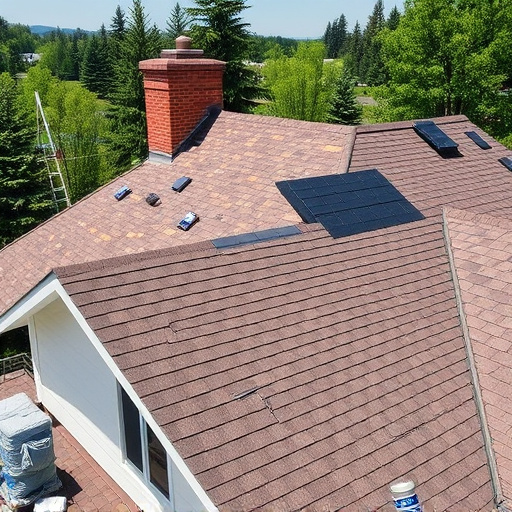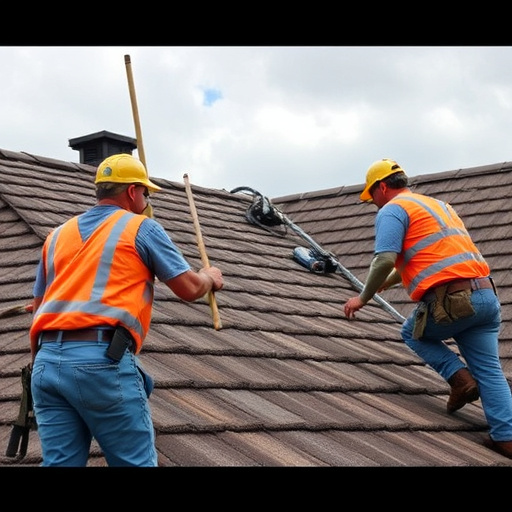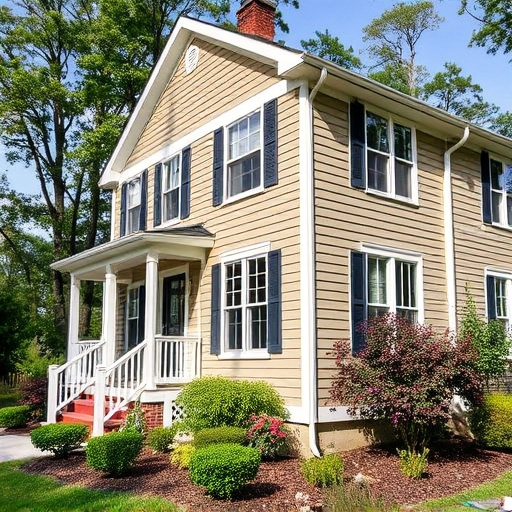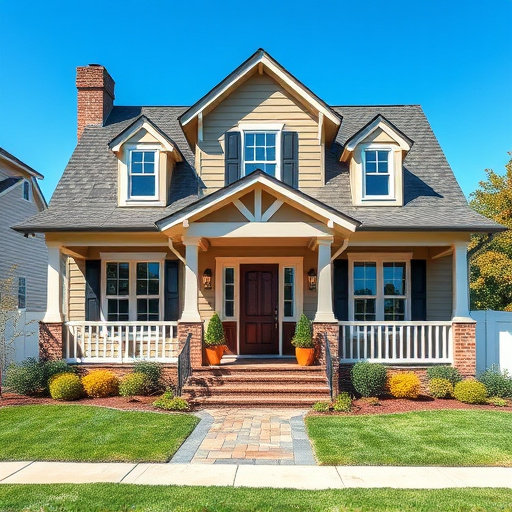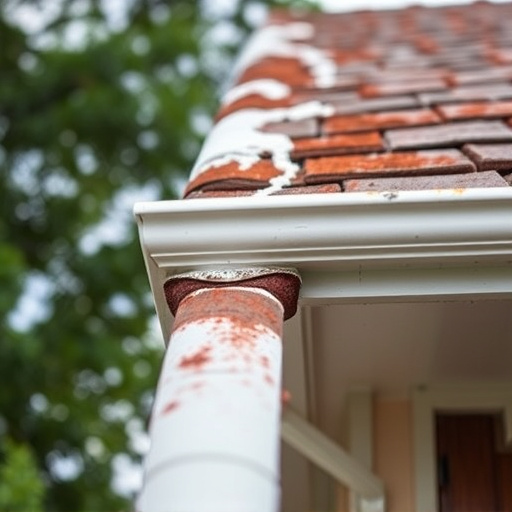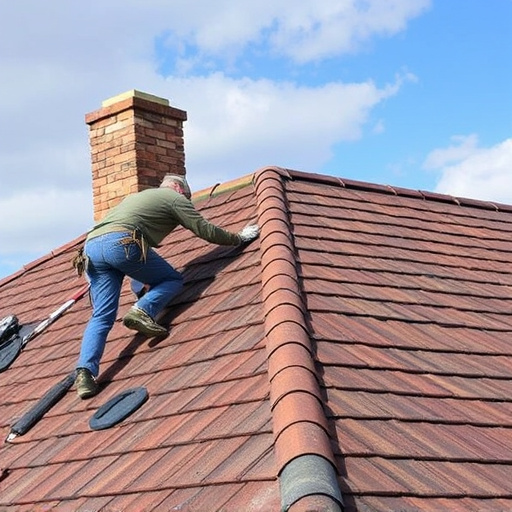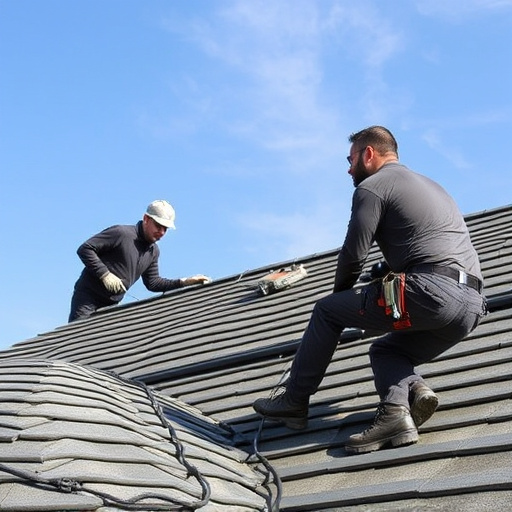This text compares aluminum and steel gutters, highlighting their advantages for gutter installation. Aluminum is lightweight, corrosion-resistant, customizable, and durable, making it cost-effective for residential use due to lower maintenance needs. Steel offers superior strength, durability, and impact resistance, ideal for commercial properties in harsh environments; however, it requires more upkeep than aluminum. Both materials provide effective drainage, with aluminum's lightness simplifying installation. The choice depends on budget, project size, and environmental conditions, with aluminum generally preferred for lower maintenance and steel for long-term strength.
When it comes to gutter installation, the choice between aluminum and steel is a common dilemma. Both materials offer unique advantages, but understanding their pros and cons is key to a successful decision. This comprehensive guide will walk you through the process, exploring the durability of aluminum, the strength of steel, maintenance considerations, costs, and energy efficiency. By the end, you’ll be equipped to make an informed choice for your home’s gutter installation needs.
- Understanding Aluminum Gutters: Pros and Durability
- Steel Gutter Installation: Strength and Longevity Considerations
- Comparing Maintenance, Cost, and Efficiency: Making an Informed Decision
Understanding Aluminum Gutters: Pros and Durability
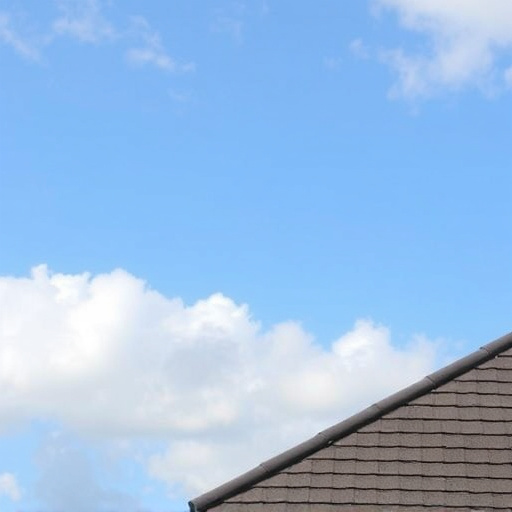
Aluminum gutters are a popular choice for many homeowners due to their numerous advantages and durability. One of the key benefits is their lightweight nature, making them easy to install and maintain compared to steel. This feature also ensures minimal strain on roof structures, which can be particularly beneficial for older or historically significant buildings. Aluminum’s corrosion resistance is another significant advantage, as it doesn’t rust like steel, ensuring longevity even in humid climates.
When considering gutter installation, aluminum offers excellent value for money without compromising on performance. Its flexibility allows for easier customization to fit various roof shapes and styles, making it a versatile option. Moreover, aluminum gutters are highly durable, withstanding harsh weather conditions and providing years of reliable service. This longevity can reduce the need for frequent roof replacements or commercial roofing repairs, saving homeowners time and money in the long run.
Steel Gutter Installation: Strength and Longevity Considerations
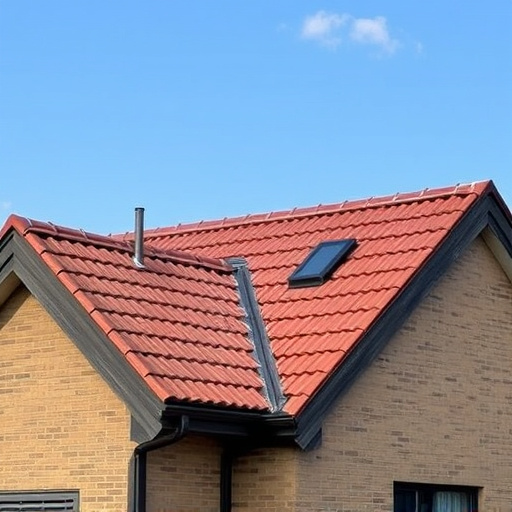
Steel gutter installation offers a robust and durable solution for any property. This material is renowned for its exceptional strength and longevity, making it a preferred choice for both residential and commercial roofing and siding projects. Its superior resilience ensures that steel gutters can withstand extreme weather conditions, including heavy rainfall and strong winds, without compromising their structural integrity.
Compared to aluminum, steel is less susceptible to corrosion and deformation over time. This attribute is particularly advantageous in regions with higher humidity levels or frequent exposure to harsh environmental elements. Additionally, steel gutters provide excellent impact resistance, ensuring they can resist damage from falling debris or small animals, which extends their lifespan further. Such durability translates into reduced maintenance requirements and long-term cost savings for property owners, making it a wise investment for both residential and commercial gutter installation needs.
Comparing Maintenance, Cost, and Efficiency: Making an Informed Decision
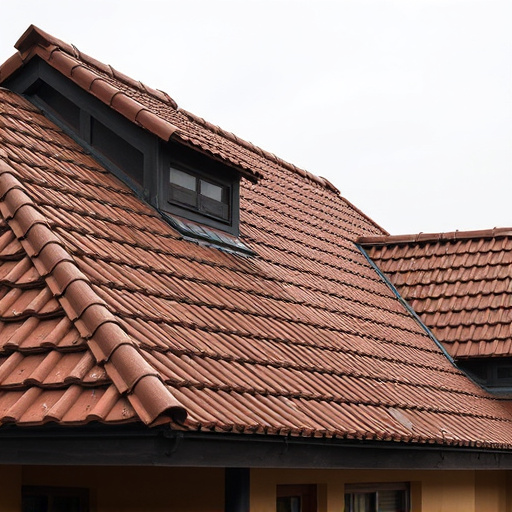
When considering gutter installation, a crucial factor to weigh is the ongoing maintenance required for each material. Aluminum gutters generally demand less upkeep compared to steel. They are resistant to rust and corrosion, making them less prone to damage from extreme weather conditions. Over time, aluminum’s natural coating can chip or peel, but repainting or re-coating is typically straightforward and cost-effective.
In terms of cost, both materials offer a range of pricing options, with aluminum often being more budget-friendly for residential properties. However, for larger commercial roofing projects or when considering siding repairs alongside gutter installation, steel’s durability might justify the higher upfront investment. Efficient drainage and flow are essential for both, but aluminum excels in this regard due to its lightweight nature, allowing for easier installation and reduced strain on the overall roofing structure. This advantage is particularly significant in regions with heavy rainfall or snow accumulation.
When deciding between aluminum and steel gutter installation, each material offers unique advantages. Aluminum gutters are lightweight, easy to install, and resistant to corrosion, making them ideal for those seeking a cost-effective, low-maintenance option. Steel gutters, on the other hand, boast superior strength and longevity, withstanding extreme weather conditions and providing exceptional durability. Ultimately, the choice depends on your specific needs, budget, and climate considerations. By evaluating factors like maintenance, cost, and efficiency, homeowners can make an informed decision for their gutter installation project.


